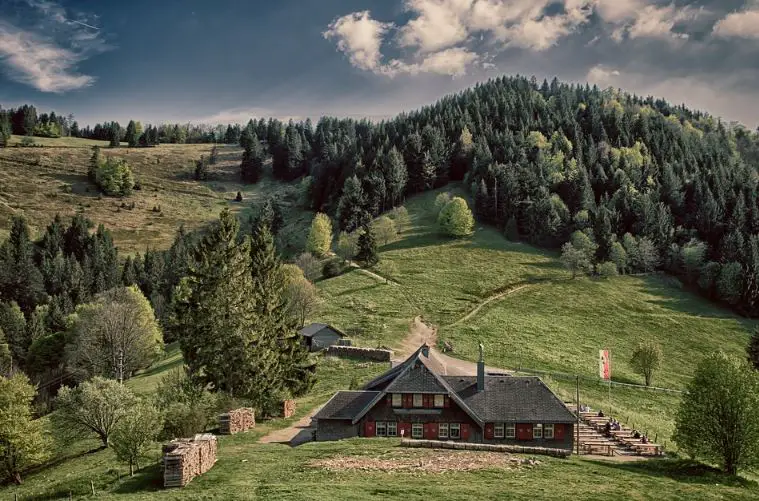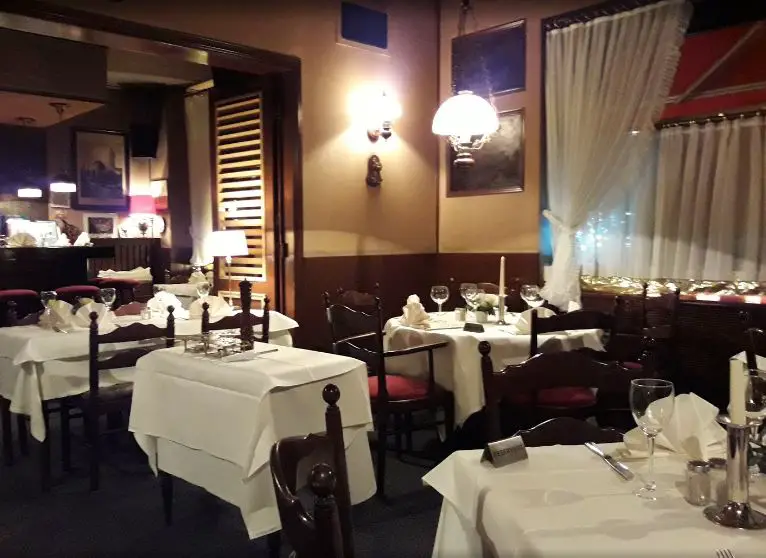How can I explore the history of German cinema?
Post ByAdequate Travel
Summary
The history of cinema in Germany is a fascinating journey through decades of incredible filmmaking. With its groundbreaking innovations and evocative storytelling, German cinema has shaped and influenced cinemas around the world. If you're eager to discover more about the history of German cinema, in this blog you'll learn the best ways to explore this captivating topic.Introduction
Exploring the history of German cinema allows you to delve into one of the oldest and most influential film industries in the world. From its early beginnings in the early 20th century to its significant contributions to film noir, German Expressionism, and the New German Cinema movement, there is much to discover and appreciate. Here are some ways to explore the intriguing history of German cinema.
1. Watch Classic German Films
One of the best ways to dive into the history of German cinema is to watch classic films from different eras. Start with legendary silent films, such as "The Cabinet of Dr. Caligari" (1920) directed by Robert Wiene or "Metropolis" (1927) directed by Fritz Lang, which exemplify German Expressionism. Continue with influential works like "M" (1931) directed by Fritz Lang, known for its innovative storytelling and atmospheric noir cinematography. Watching films from various periods will provide you with a broad understanding of the evolution of German cinema.
2. Study German Film Movements
German cinema has been associated with several significant film movements that have shaped its history. Take the time to study and learn about these movements to gain a deeper understanding of the industry. For example, explore German Expressionism, which emerged in the 1920s and featured visually striking films dealing with dark themes and psychological exploration. Another prominent movement is the New German Cinema of the 1960s-1980s, which focused on presenting social and political critiques through innovative filmmaking. Researching and analyzing these movements will enable you to appreciate the historical context and artistic choices made in German cinema.
3. Read Books and Articles on German Cinema
Expand your knowledge by engaging with literature on German cinema. Look for books, academic papers, and articles written by film scholars or historians, focusing on the history and development of German cinema. Some recommended titles include "A Short History of the German Film" by Peter L. Brown, "From Caligari to Hitler: A Psychological History of the German Film" by Siegfried Kracauer, and "German National Cinema" by Sabine Hake. These resources will provide you with in-depth analysis, historical context, and critical perspectives on German film history.
4. Visit Film Archives and Museums
Consider visiting film archives and museums that specialize in German cinema. These institutions often showcase historical artifacts, original film reels, and exhibits dedicated to the industry's notable figures and milestones. For example, the Deutsche Kinemathek Museum für Film und Fernsehen in Berlin houses an extensive collection of German films, costumes, scripts, and photographs. Exploring these institutions will offer a tangible and immersive experience, allowing you to engage with the physical artifacts that have shaped German cinema history.
5. Attend Film Festivals and Screenings
Participating in film festivals and screenings is an excellent way to experience German cinema alongside fellow film enthusiasts and experts. Look for German-focused film festivals, such as the Berlin International Film Festival (Berlinale) or the German Film Festival in your country, where you can watch a selection of contemporary and classic German films. These events often feature Q&A sessions, panel discussions, and masterclasses led by filmmakers and industry professionals, providing valuable insights into the history and current state of German cinema.
Conclusion
By engaging with classic films, studying film movements, reading books, visiting museums, and attending film events, you can embark on a comprehensive exploration of the history of German cinema. Remember to approach each resource or experience with an open mind, as it will allow you to appreciate the diverse range of artistic styles, influences, and significant moments that have shaped this rich and fascinating film industry.
It's essential to stay updated with international travel information, especially when planning a foreign trip, to navigate any changes in travel advisory or travel warnings.Suggested Questions
- Teufelsberg, Berlin: Horror Story, History & Paranomial Activities
- Kriminalmuseum, Rothenburg ob der Tauber: Horror Story, History & Paranomial Activities
- Schloss Cecilienhof, Potsdam: Horror Story, History & Paranomial Activities
- Landgasthof Adler, Oberwolfach: Horror Story, History & Paranomial Activities
- St. Jakobskirche, Rothenburg ob der Tauber: Horror Story, History & Paranomial Activities
- Erlebnisbergwerk Velsen, Sondershausen: Horror Story, History & Paranomial Activities











